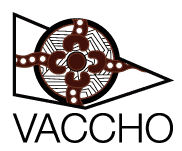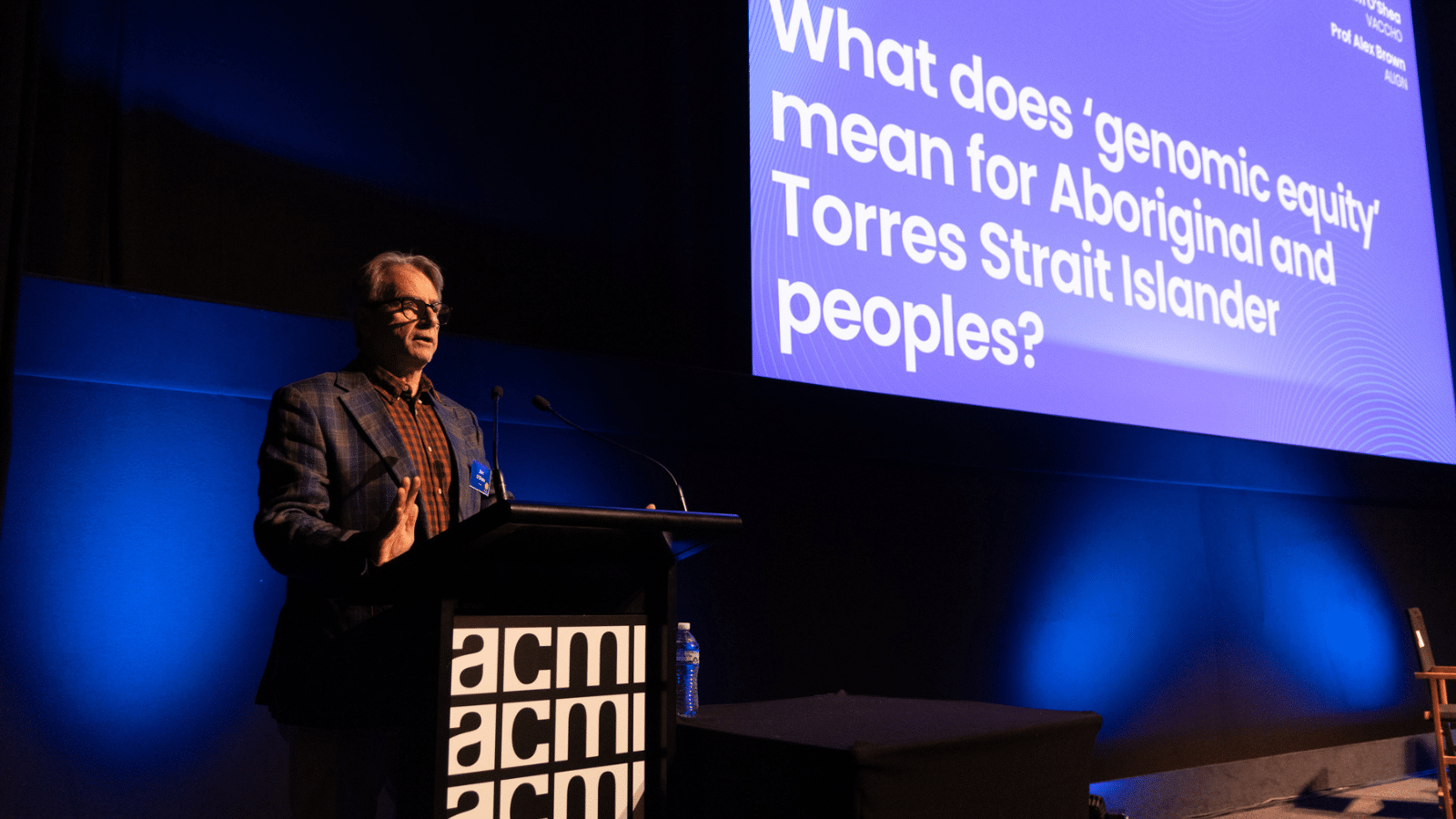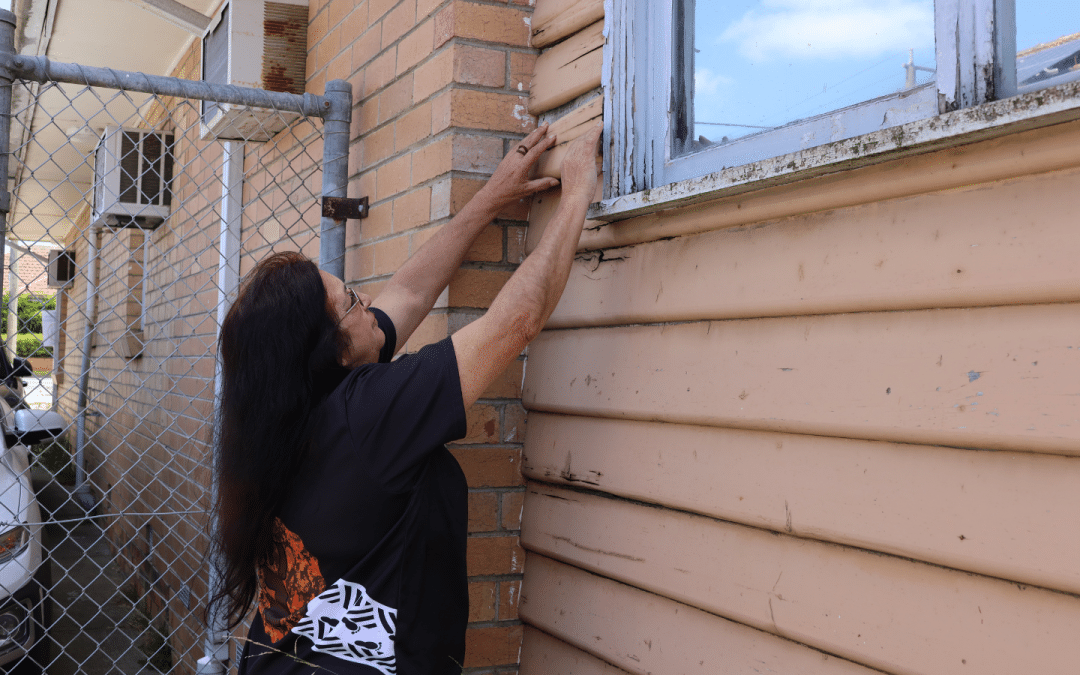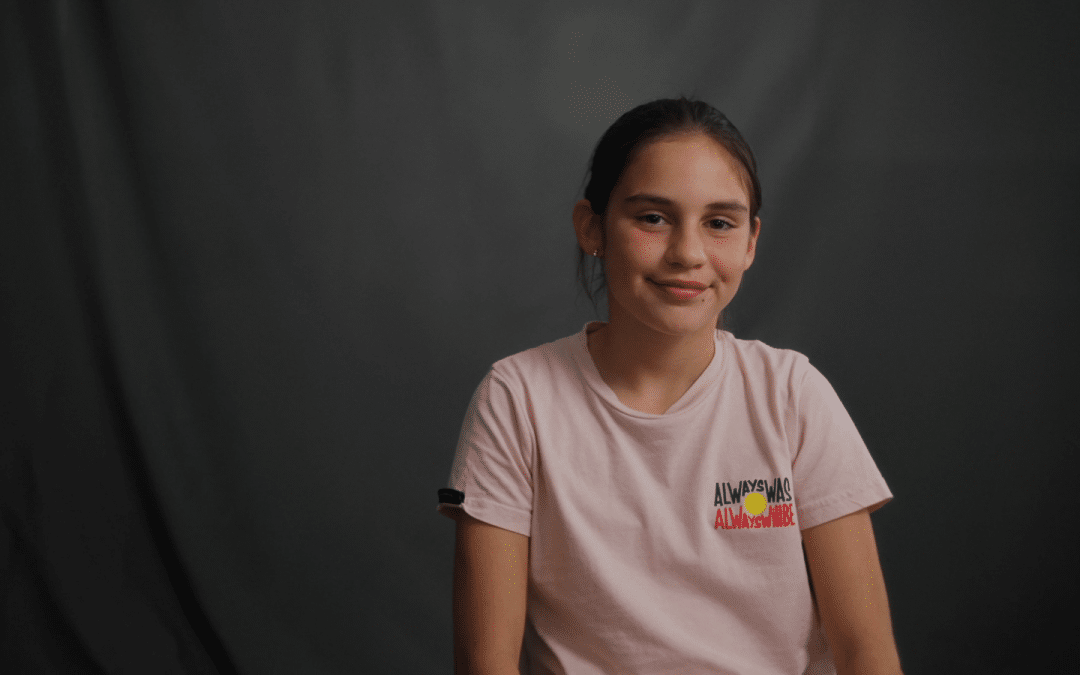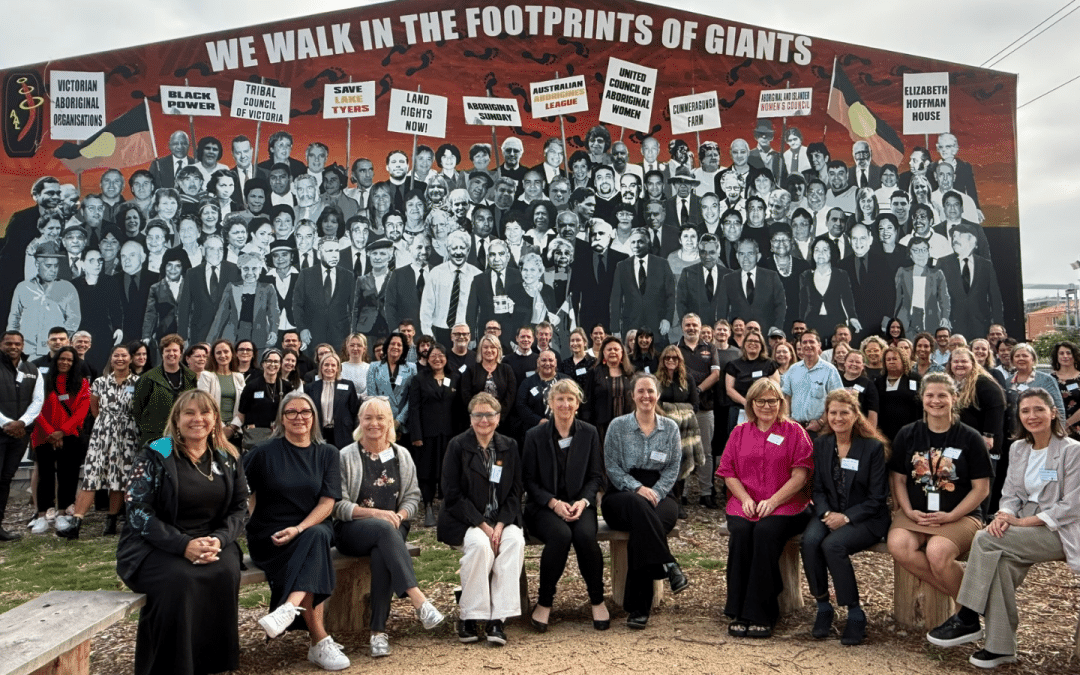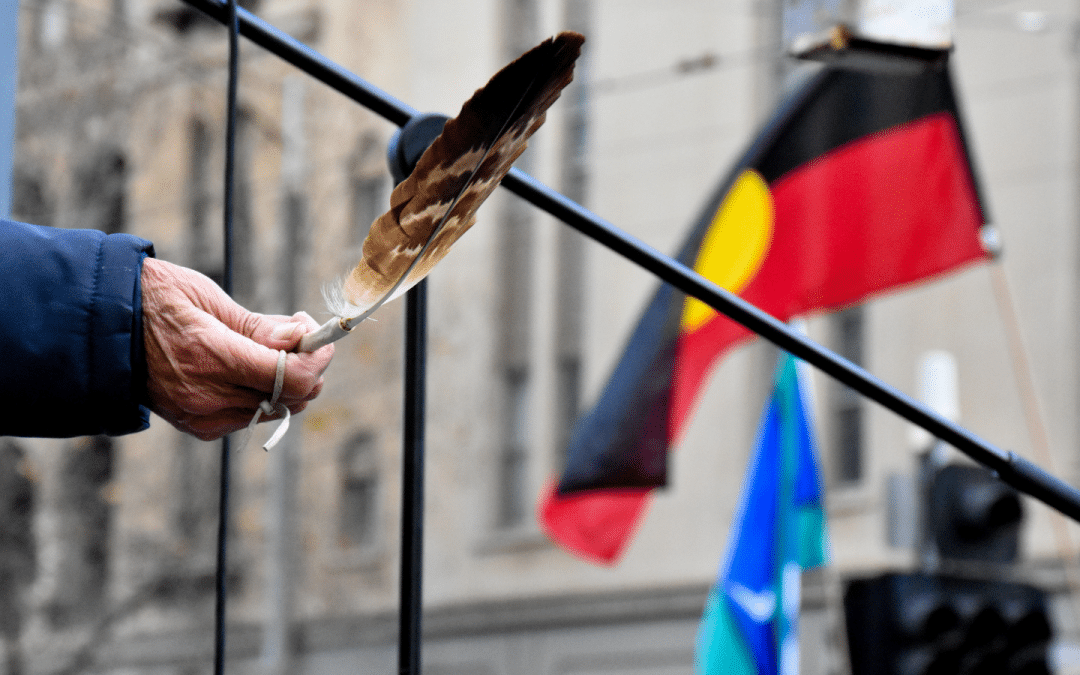Aboriginal and Torres Strait Islander communities in Victoria are missing out on precision medicine, and VACCHO is working to change that.
Genomic care – which includes genetic screening – is a way to learn more about your health and potential risks. It has the potential to reshape how we prevent, diagnose, treat and monitor illness – and create healthier futures for Community.
Speaking at the Melbourne Genomics’ State of Genomic Care Summit on 19 March, VACCHO COO Jim O’Shea called for stronger action to make genomic healthcare accessible, culturally safe, and equitable for Mob.
The Summit, held at ACMI in Melbourne, brought together government, health leaders, and experts to discuss the future of genomic medicine. With genomics now proven to improve diagnosis and treatment across a wide range of conditions, the focus is shifting to ensuring all Victorians can benefit.
The Summit heard healthcare CEOs and leaders speak to equity and access for genomic care in Victoria, and asking key questions around what can be done.
VACCHO is leading the push for equity through the Indigenous Health Equity Project, which identifies barriers for Aboriginal communities and Aboriginal Community Controlled Organisations accessing genomics.
At the Summit, Mr O’Shea reinforced key issues that must be addressed to close the gap in genomic healthcare, including:
- Equal access – As Genomics is becoming a standard part of healthcare systemic barriers mean Mob are being left behind.
- Cultural safety – Hospitals and clinics must urgently address racism and bias in healthcare settings.
- Fair funding and policy – Without targeted investment, Aboriginal and Torres Strait Islander people will continue to miss out on genomic advances that could prevent and treat serious conditions.
“Genomics has the potential to improve early diagnosis, treatment, and prevention of disease – yet Aboriginal and Torres Strait Islander people face systemic barriers to accessing genomic care,” Mr O’Shea said.
“The solution is culturally safe genomic care that integrates Indigenous perspectives, workforce development, and systemic reform.”
Melbourne Genomics has been driving progress for over a decade, but the responsibility now lies with policymakers, hospitals, and healthcare leaders to ensure genomic medicine doesn’t remain out of reach for First Nations people.
VACCHO is committed to continuing to fight for equitable access, because the future of genomic healthcare must include Mob.
